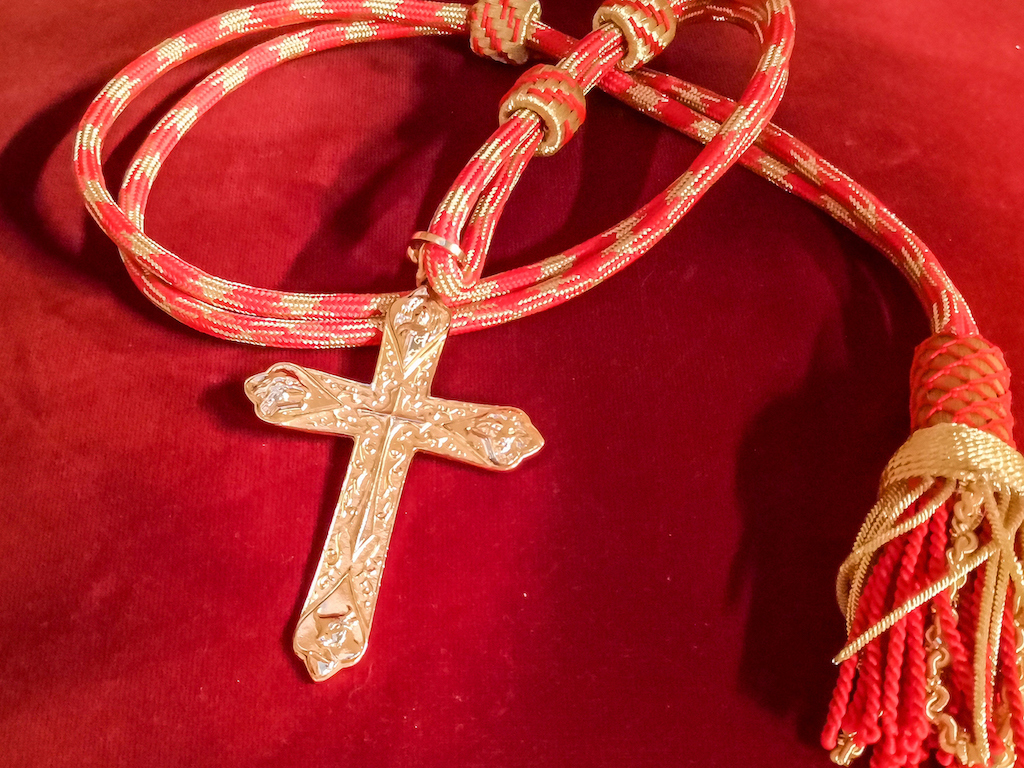VATICAN CITY (CNS) – Many of the prelates Pope Francis will make cardinals Sept. 30 will be taking part in the synod on synodality or have been very active in its preparatory phases as leaders of their dioceses.
Cardinals-designate Ángel Sixto Rossi of Córdoba, Argentina, and Stephen Ameyu Mulla, 59, of Juba, South Sudan, will be attending the Oct. 4-29 assembly in Rome.
As a Jesuit and expert in spiritual discernment, which is a core characteristic of the synod on synodality, Cardinal-designate Rossi, 65, commented on opposition to the synod.
“It’s simply a pharisaical view of suspicion, which is very sad,” he told Catholic News Service Sept. 28.
“Ordinary (people) have hope for it and they value it, the others fear it or criticize it, even without knowing what is going to happen,” he said.
Also, he said, “There is a very sad view, a fundamentalist position, almost directed at the figure of the pope, to which the pope, by living the Gospel unwaveringly, is always against. Each time men and women seriously live out the Gospel they are signs of contradiction and the pope is one of them.”
Cardinal-designate Mulla, 59, told reporters Sept. 29 he had great hopes for the synod.
“In a very simple way,” he said, synodality “is a way of participating, it is a way of communion, it is a way of mission together.”
“We should hope that this synod will bring a lot of things that can help us understand our faith in the modern time,” he said, and possibly offer solutions to “the many problems, the many challenges” facing the local and universal church.
Italian Cardinal-designate Pierbattista Pizzaballa, 58, patriarch of Jerusalem, had encouraged all priests and local communities of the patriarchate to be active in the synodal process.
When asked what he hoped would come from the first assembly, which begins Oct. 4, he told CNS Sept. 28 that he did not expect the synod to be giving “precise and specific answers to problems,” but rather “some criteria for interpretation that may help us then to face problems, our problems each in our own situation.”
Cardinal-designate Américo Manuel Alves Aguiar, 49, of Setúbal, Portugal, told reporters Sept. 29 that the synod should be “a place where everyone should feel free to speak their mind freely, to what the Holy Spirit does with their heart, listen with respect, listen with interest and then the Holy Spirit makes the decisions.”
“That’s the synodal journey we want to make, that’s the synodal way we want to live,” he said.
He expanded on what Pope Francis had said at World Youth Day in Lisbon and on the plane back to Rome, about there being room in the church for everyone, “todos, todos, todos.”
“‘Everyone, everyone, everyone,’ is not the same as ‘everything, everything, everything,'” he said. “‘Todos, todos, todos,’ are people. Each person. Each person must be the reason for our concern, the center of our work, our affection, our tenderness, and this is what the synod wants to do, wants to deepen, wants to signify.”
Cardinal-designate José Cobo Cano, 58, of Madrid, Spain, told CNS Sept. 29 that the synodal way “is not a methodology of a congress, but a methodology of the journey of the people of God.”
The synod on synodality, he said, will be looking at how this way of journeying can be “kept in the church and be transferred to the life of the church in a more effective way.”
The process requires openness, listening and dialogue, he said, “like crossing a bridge together.”
“If I go with a road map or if I am going to try to convince others of my plans, this would be a parliament. The synod is not a parliament and I would not want it to start like that,” he added.
Cardinal-designate Cobo said, “There are going to be issues that may not be important for the media, but for the life of the church, for the life of the parishes, for the life of Christians, Christian families, they are going to say that this is the issue we needed. I believe that this will be the success of the synod, that it will respond to the thirst that the church has right now.”
Contributing to this story was Justin McLellan at the Vatican.

